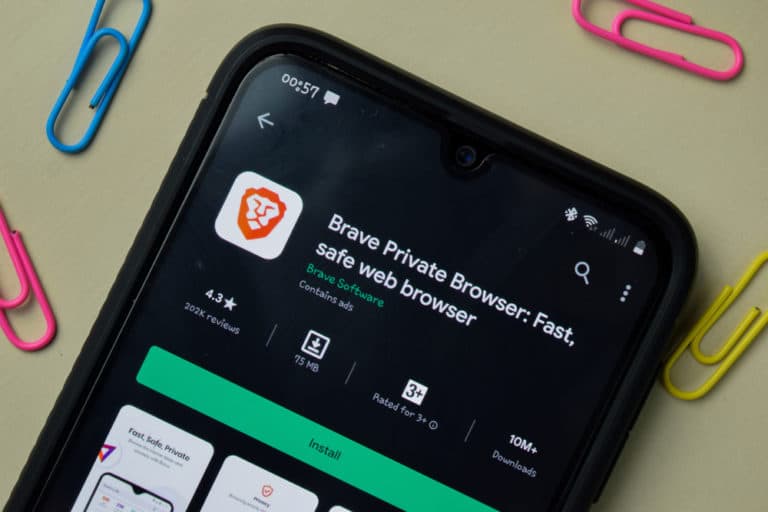Both Brave and Vivaldi have announced that they will disable Google’s FLoC system in their browsers. The browser makers complain that the system is not privacy-friendly enough.
The developers of both browsers explain in an extensive blog post why they are against the use of Googles Federated Learning of Cohorts system. Both browsers are based on Chromium, Google’s open source browser on which Chrome is also based. Google has incorporated FLoC in Chromium, but Brave and Vivaldi have stripped it out.
Federated Learning of Cohorts
Federated Learning of Cohorts is a system Google devised to replace the use of tracking cookies to serve personalised ads. Instead of an ad provider getting a comprehensive overview of your browsing history based on collected cookies, your browser creates its own code to display a summary of your user profile. Ad providers can retrieve this code to display personalised ads. This will allow targeted advertising, but will not give ad providers a full picture of the user’s browsing behaviour. Moreover, thousands of people are covered by the same profile, so the information cannot be linked back to a specific user.
Do you prefer women’s clothes or men’s clothes?
Still, according to the developers of Brave and Vivaldi, this does not offer nearly enough privacy. The developers of Brave admit that the system does indeed offer more privacy than the use of tracking cookies. Brave currently blocks tracking cookies in general and allowing FLoC would be a step backwards. And while the advertiser may not get a complete overview of browsing behaviour, the FLoC code will tell him that a user, for example, prefers to wear women’s clothes rather than men’s, may or may not live by his religion’s rules or may not believe in the effectiveness of vaccines. That’s the kind of information that most users would rather keep to themselves.
Information about medical needs
The developers of Vivaldi also say that Google’s system sounds good in theory but is creepier in practice than it seems. The developers come up with an example of medical data. They speculate that advertising providers can see that people who buy certain medical products fall into some specific groups. The data also shows that you fall within a certain age group or have certain characteristics. This requires a huge amount of statistical analysis, and to do that, you need a big company. And it just so happens that the world’s largest advertising provider is behind the Federated Learning of Cohorts: Google.
Support from other browsers still unknown
The impact of withdrawing the two browsers from the system probably won’t bother Google much. Both browsers have a negligible market share. Google’s own Chrome browser, however, controls about 60 percent of the market. This allows the company to impose its will quite easily. Some other browsers, such as Microsoft Edge, also use Chromium. Microsoft has not yet commented on its position towards FLoC. It is not likely that Apple and Mozilla will soon decide to incorporate FLoC in their Safari and Firefox browsers.
